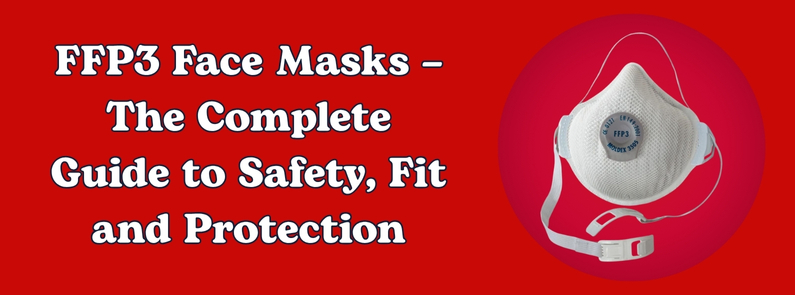
While disposable dust masks or respirators give you protection against most of the construction hazards, double insulated PPE equipment and face shields are recommended to minimize the risk of electrical hazards like shock, deadly electrocutions., fire, arc blast etc.
Since electrical hazards can result in fatal injury or even death to workers, ensuring the highest level of safety at job sites should be the utmost priority of the employers. Following are some of the handpicked safety tips to prevent electrical hazards or incidents at the workplaces.
Conduct Risk Assessment
Before any work starts on the job site, the working area should be surveyed to identify the potential risks of electrical hazards. By conducting risk assessment you not only enable your workers to know the potential dangers and be prepared for the same, but it also allows you to create an effective safety programme to prevent any electrical accidents. Besides, you must ensure that all the safety regulations and standards established by the concerned authority are followed properly.
Do Not Mix Water and Electricity
Water increases conductivity. Exposing electrical equipment to even a few drops of water can increase the risk of serious electrical accidents at the workplace. Never touch an electrical circuit with wet hands or while standing on a wet floor. Try to maintain a sufficient clearance of distance (minimum3 feet) from all electrical equipment, circuits and panels.
Be Well Versed with Electrical Safety Codes
If your job requires you to work with unguarded electrical circuits or exposed energized parts, look for warning signs like ‘Shock Risk’ labelled on them. Put utmost attention to such warning signs and follow the safety guidelines established by the electrical code to prevent electrical accidents at workplaces.
Use Testing Equipment Properly
Improper use of electrical power testing equipment can result in electrical hazards like shock, arc flash, arc blast, fire etc. To prevent these kinds of electrical hazards at the workplace only use approved electrical equipment and avoid messing with certain circuits or wiring if you don’t know how to handle it properly. To ensure safety, regular inspection of electrical equipment, circuits and wiring is mandatory on the job site.
Use Insulated Tools While Working
Using electrical safety equipment like double-insulated tools and insulated PPE gears can minimize the risk of electrical hazards significantly. Depending on the job to be performed, electric workers must use PPE equipment like insulated gloves, mats, face shields, flame resistant clothing, hard helmets, shatter-proof eye protection etc.
Wear PPE to Prevent Asbestos Exposure
As an electrician, you may encounter asbestos during your career at various points of time. Asbestos is used in manufacturing several electrical equipment and electrical wiring insulation due to its fire and heat resistance properties. Everyday exposure to this harmful particle may lead to mesothelioma - deadly cancer and many other fatal lung ailments. If your work involves handling asbestos on a daily basis or prolong time, asbestos PPE should be worn to keep yourself safe from its harmful health hazards.
Keep in mind most of the regular dust masks are not effective in preventing the inhalation of asbestos fibre while on the job. To keep yourself adequately protected from inhaling the asbestos fibre, use a well fitted FFP3 dust mask or half mask with the respirator.
Common Workplace Safety Tips at a Glance
- Organize training for electrical safety-related work practices
- Don’t overload outlets
- Use electrical equipment that is properly grounded and double-insulated
- Regularly check for faults in electrical cords and equipment.
- Do not touch or try to repair energized equipment.
- Do not use damaged sockets and broken electrical cords
The Wrap Up
Most of the electrical hazards can be prevented with regular inspections and little cautions. Know the potential electrical hazards of the job site and as per the degree of the assessed risk choose proactive equipment like goggles, gloves and reusable dust masks made with non-flammable materials, face covers etc. By taking a protective approach while working with electrical power tools, you can significantly reduce the risk of electrical hazards and ensure safety for all.



